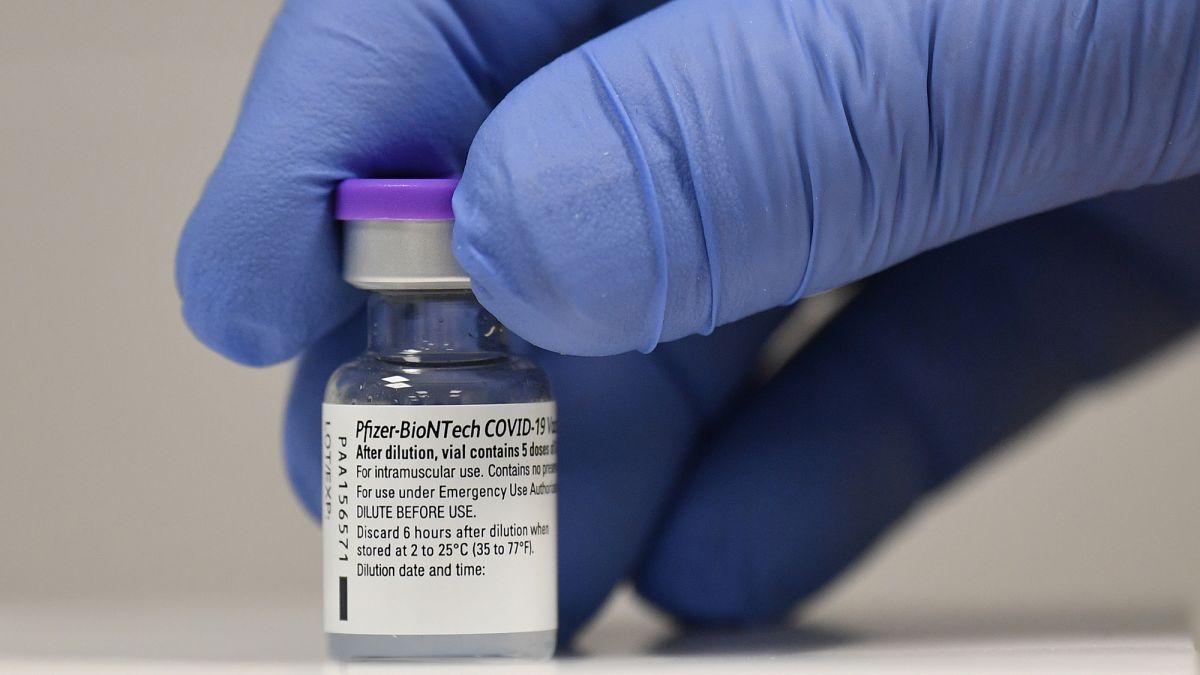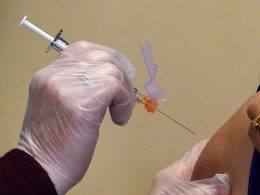Freight trucks carrying about 184,275 vials of coronavirus vaccine departed a Pfizer plant in Portage, Michigan, on Sunday, a landmark moment in the fight against the deadly virus.
The combined 189 boxes of vaccine vials are expected to arrive in all 50 states on Monday, and another 3,900 vials are expected to ship later Sunday to United States territories. In addition, 400 boxes packed with about 390,000 vials will ship Monday to arrive on Tuesday.
The landmark moment in the pandemic comes after the vaccine received the US Food and Drug Administration’s emergency use authorization, and in the coming days, the vaccines will arrive to hundreds of facilities across the US.
The FDA granted approval Friday for the drug company’s Covid-19 vaccine candidate, and the US Centers for Disease Control and Prevention’s Advisory Committee on Immunization Practices (ACIP) voted on Saturday to recommend it for people age 16 and older in the US.
CDC Director Dr. Robert Redfield must accept the ACIP recommendation before vaccinations can begin. The CDC vaccine advisory committee also recommended that health care workers and long-term care facility residents be first in line to receive the shot.
The vaccine arrives at a critical moment for the US. Hospitalizations due to Covid-19 hit record highs for the seventh day in a row Saturday, and with the winter holidays still ahead, experts warn that the pandemic could continue to get worse before the larger public receives the vaccination.
Experts including FDA Commissioner Dr. Stephen Hahn and members of the CDC’s ACIP have said they have faith in the evaluation of the vaccine.
“I do believe that the process that we have used here in the ACIP to reach this decision is transparent, is science based, keeps equity in mind and is, for this moment, the absolute best that we can do,” said ACIP member Dr. Beth Bell, a clinical professor of global health at the University of Washington.
American Medical Association President Dr. Susan Bailey said in a statement Saturday the biggest obstacle to the vaccine is people’s willingness to be vaccinated.
“To be clear, these vaccines will reduce death and severe illness. They have been rigorously evaluated, and if enough of us roll up our sleeves and get vaccinated, we can eventually reclaim normalcy,” she said.









